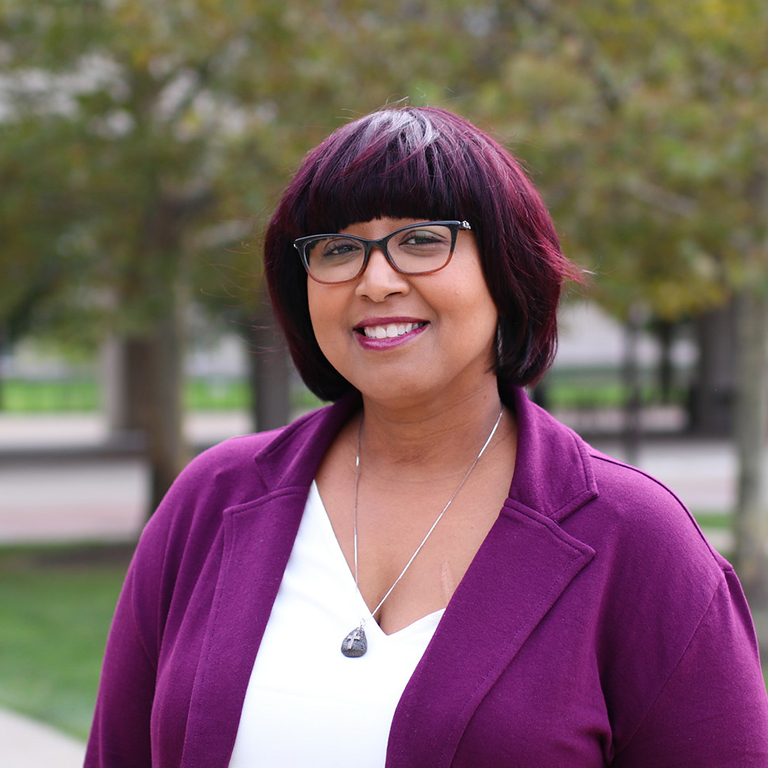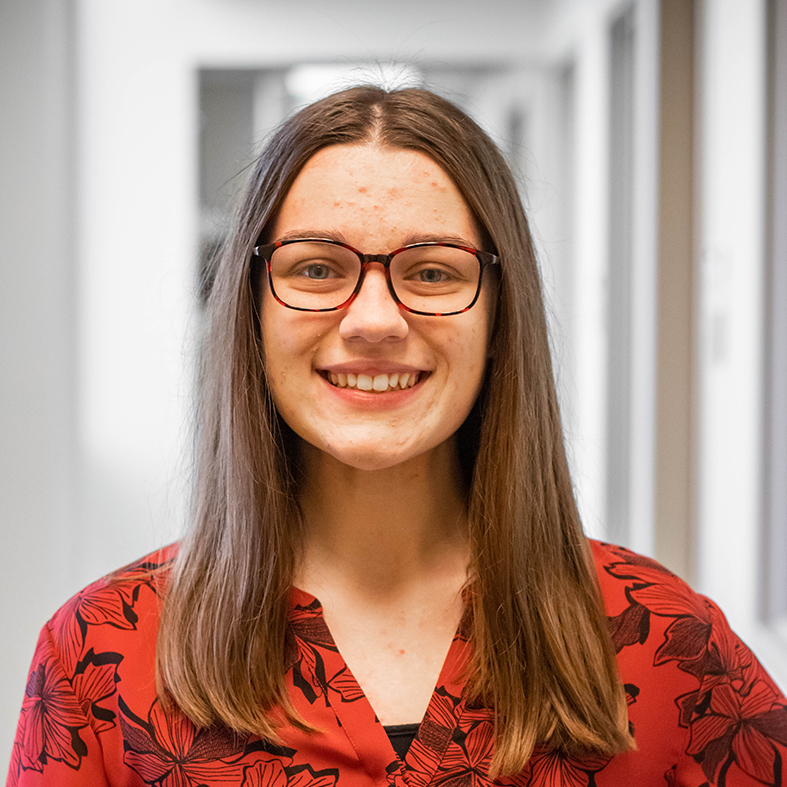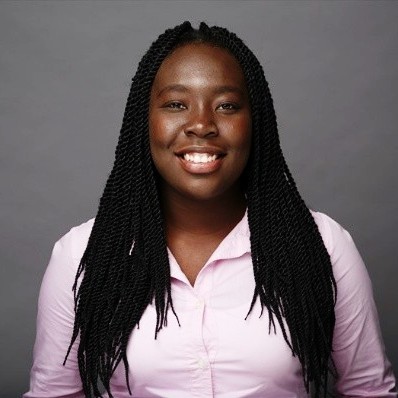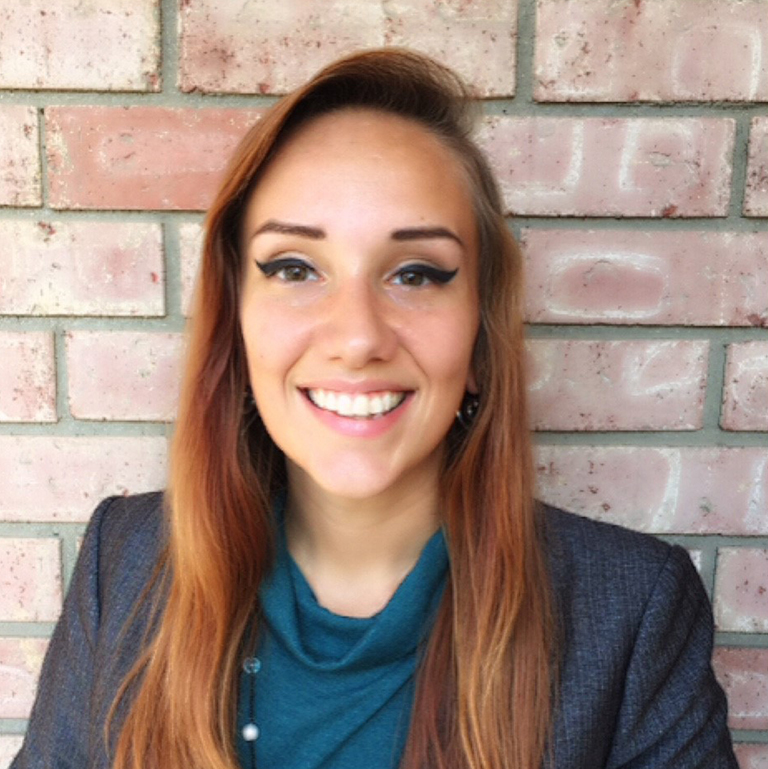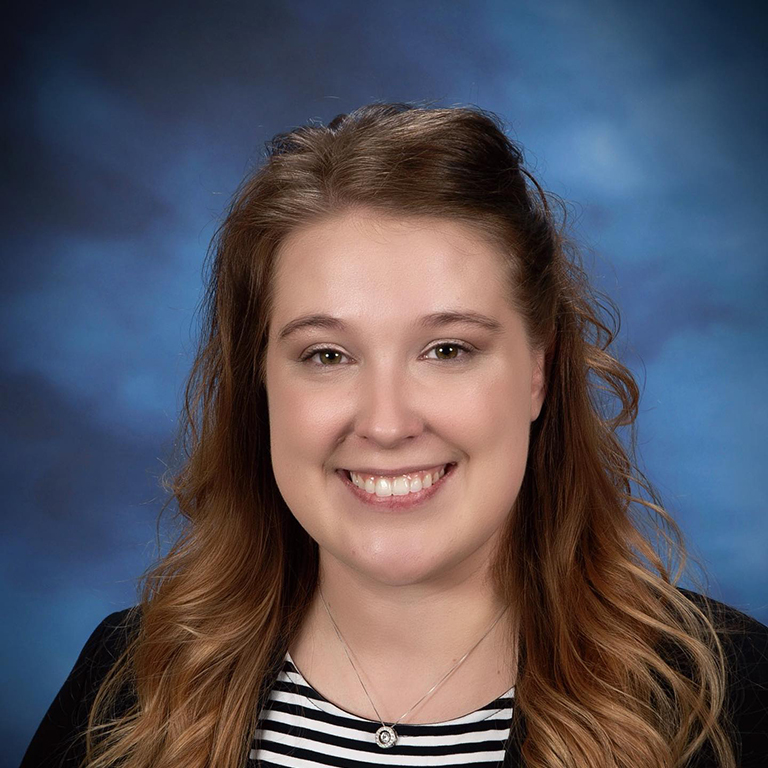On November 8, 1965, President Lyndon B. Johnson signed the Higher Education Act, which paved the way for countless first-generation students to receive valuable resources so that they could pursue a college degree. Now, November 8 signifies the First-Gen College Celebration on college campuses across the country.
For the past three years at IUPUI, staff, students, and faculty have partaken in this celebration that recognizes the journeys of the first-generation students that make up nearly 30 percent of IUPUI’s campus. This past year, like everything else, the First-Gen Celebration looked a little different, said Roxanne Gregg, director of Upward Bound.
This year, after some surveying, Gregg said that students really wanted the opportunity to share their stories. Gregg also said that they had to find ways to be different in their programming to avoid furthering Zoom burnout and fatigue.
"We did an Instagram contest, and within that contest we asked them to share their stories with us," said Gregg. "They could win a sweatshirt if they responded."
Gregg said that this contest increased their follower count across social media and was successful in highlighting first-generation students.
Beyond the celebration itself, Gregg said a group of first-generation committee members have been going to workshops and networking events to share successes and to learn more about how to better impact the first-generation student community, as well as the IUPUI community as a whole.
Gregg welcomes anyone interested in joining the first-generation committee if they are passionate about first-generation students and their journeys. Students, staff, and faculty who are interested can send an email to imfirst@iupui.edu to join. Also, a new website has been launched in the hopes of it becoming a resource for all things first-gen.


